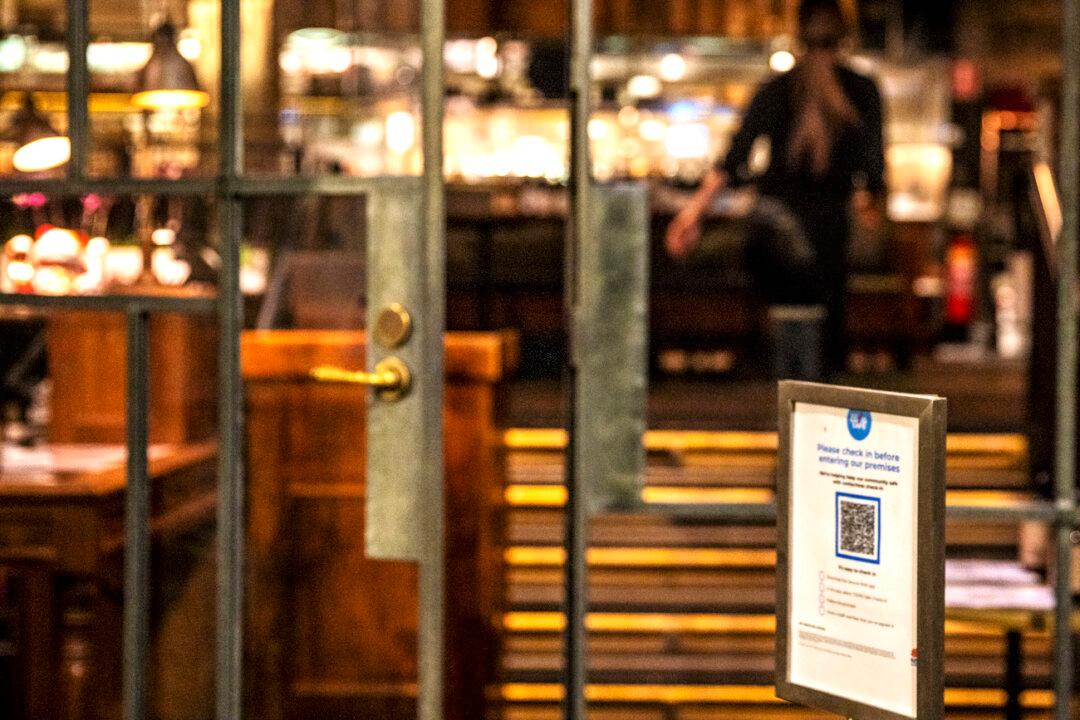Over half a million addresses collected by New South Wales (NSW) as part of its COVID-19 safety program were leaked last year, according to data obtained by 9News.
The 566,318 addresses included the details of businesses, organisations, and government departments who were registering as COVIDSafe with the NSW Department of Customer Service.





